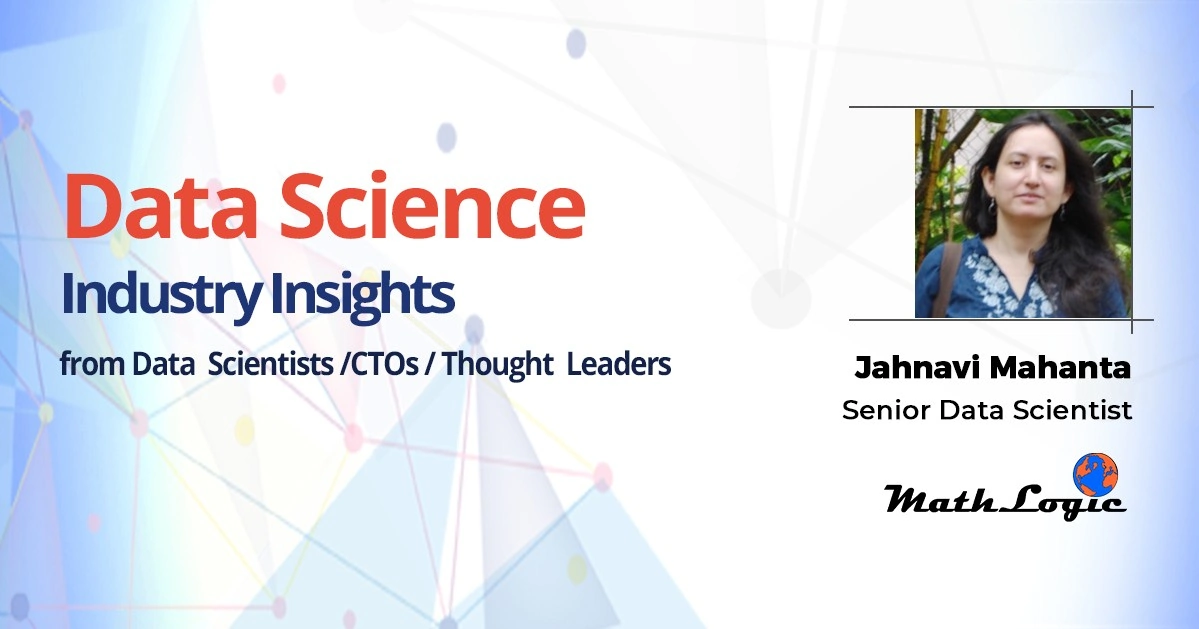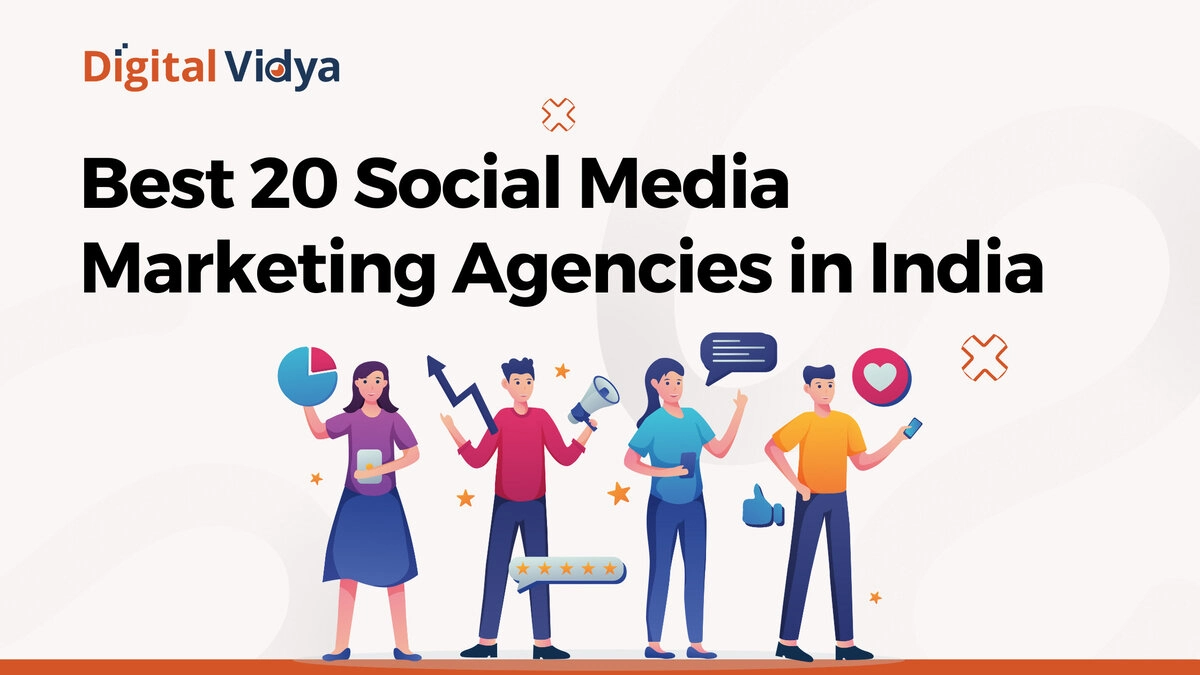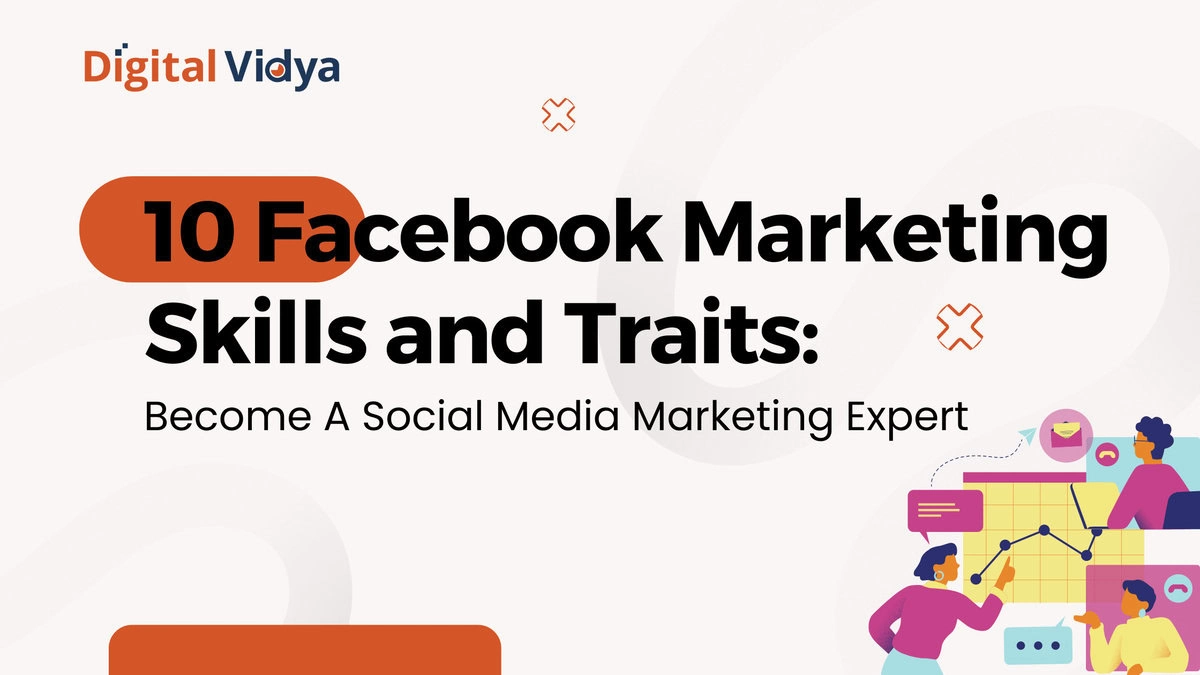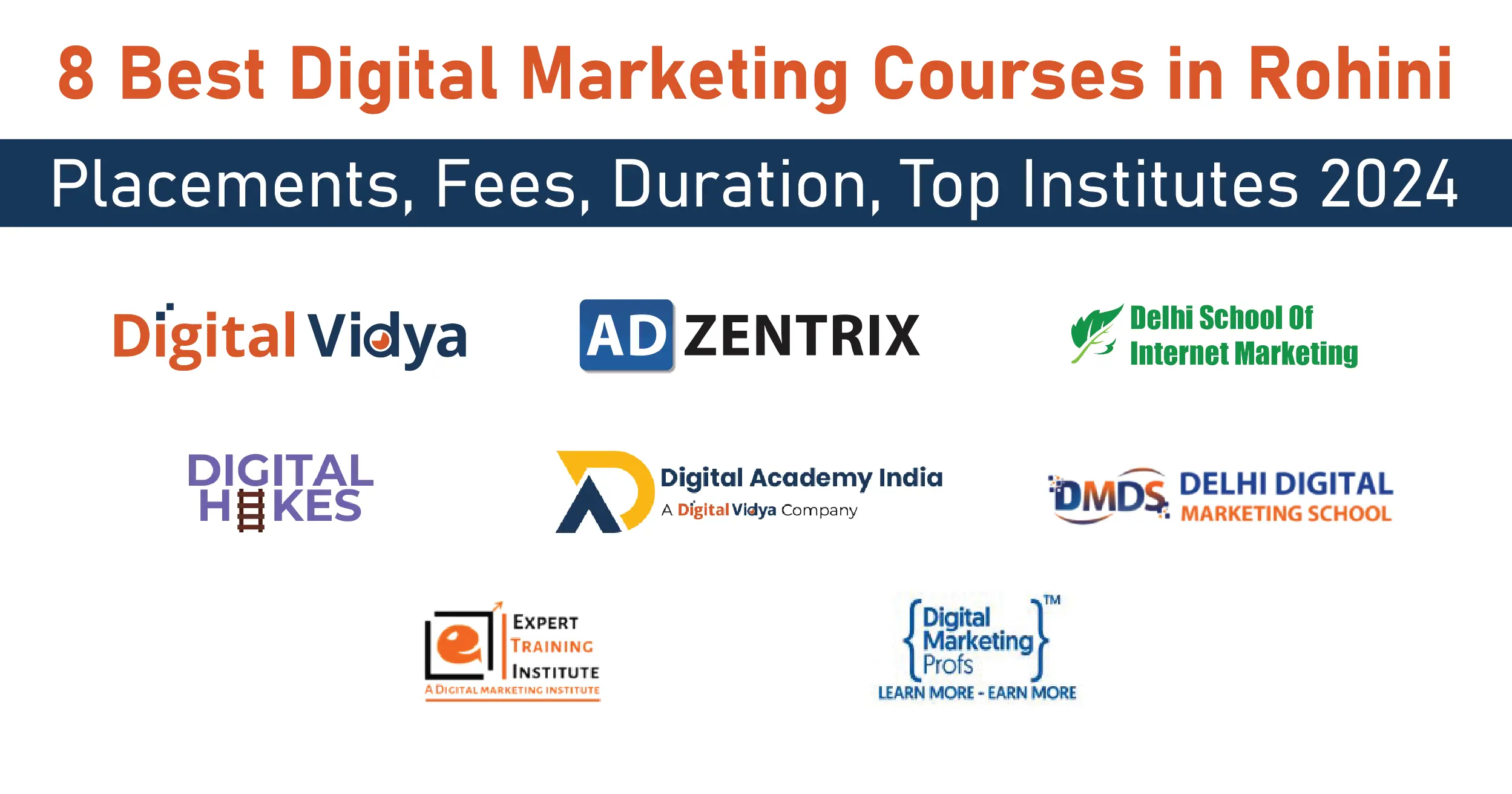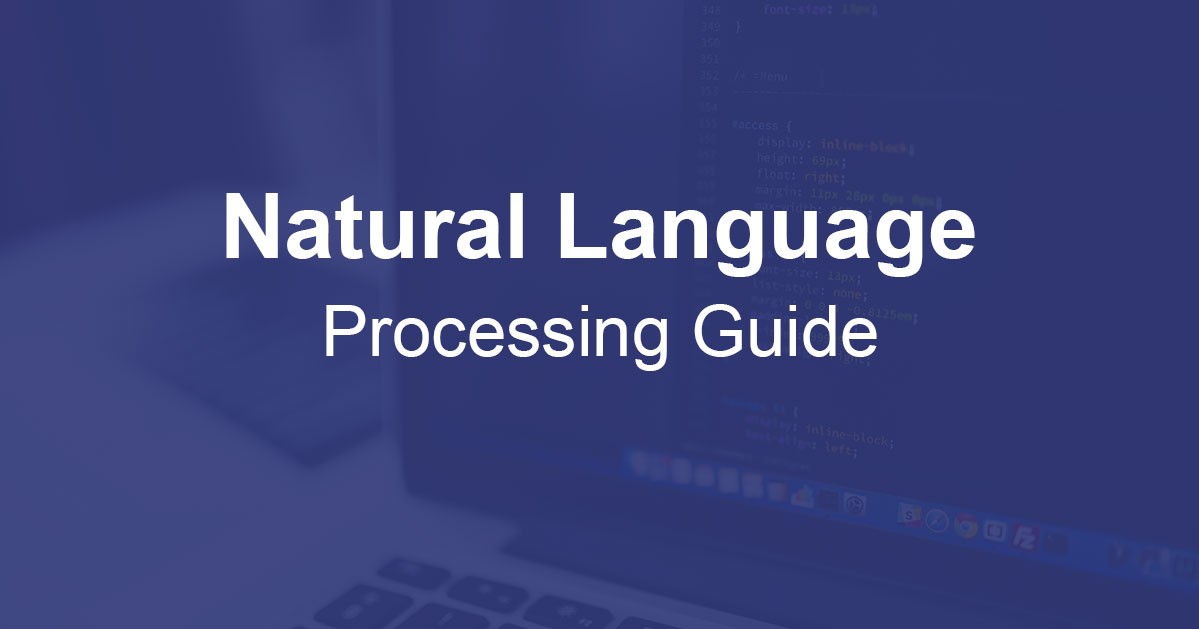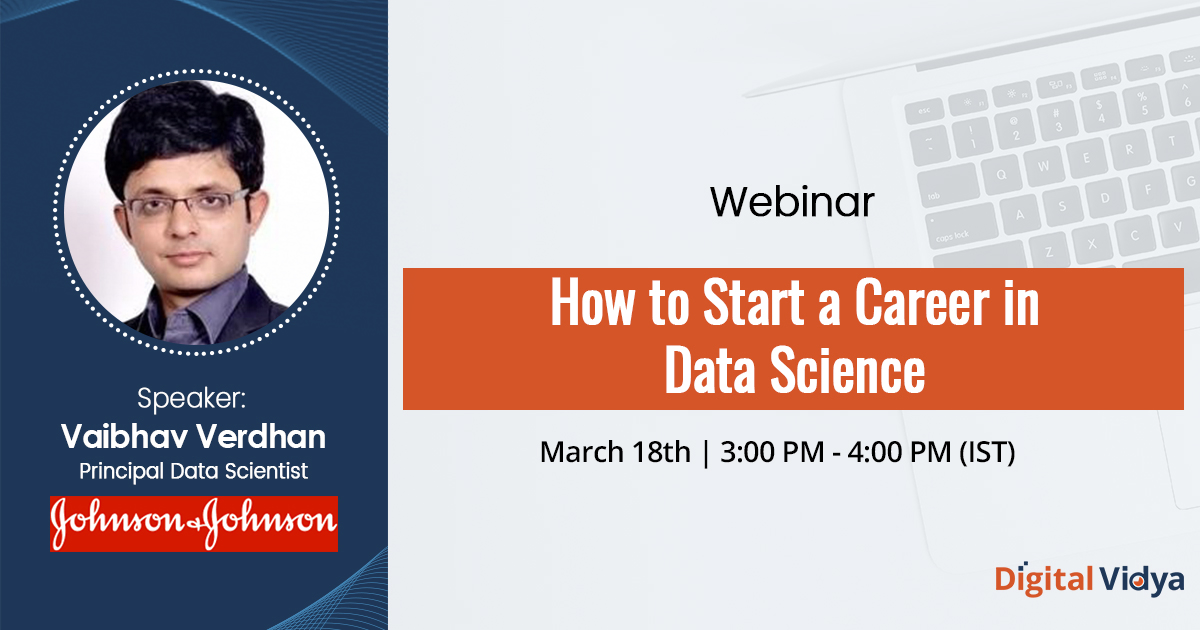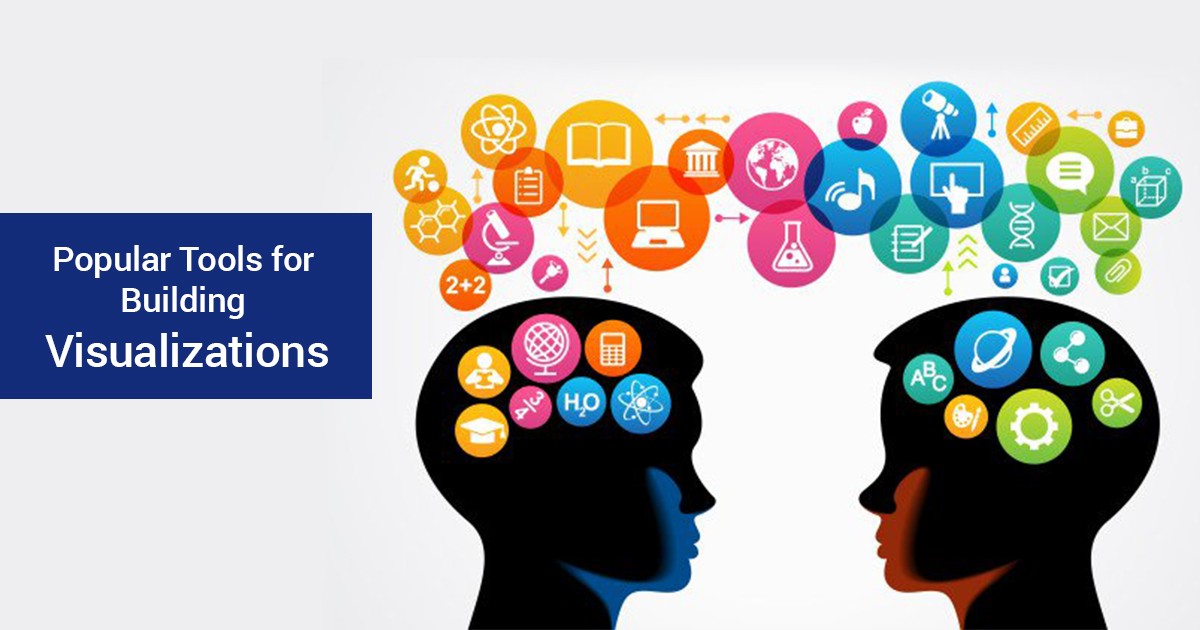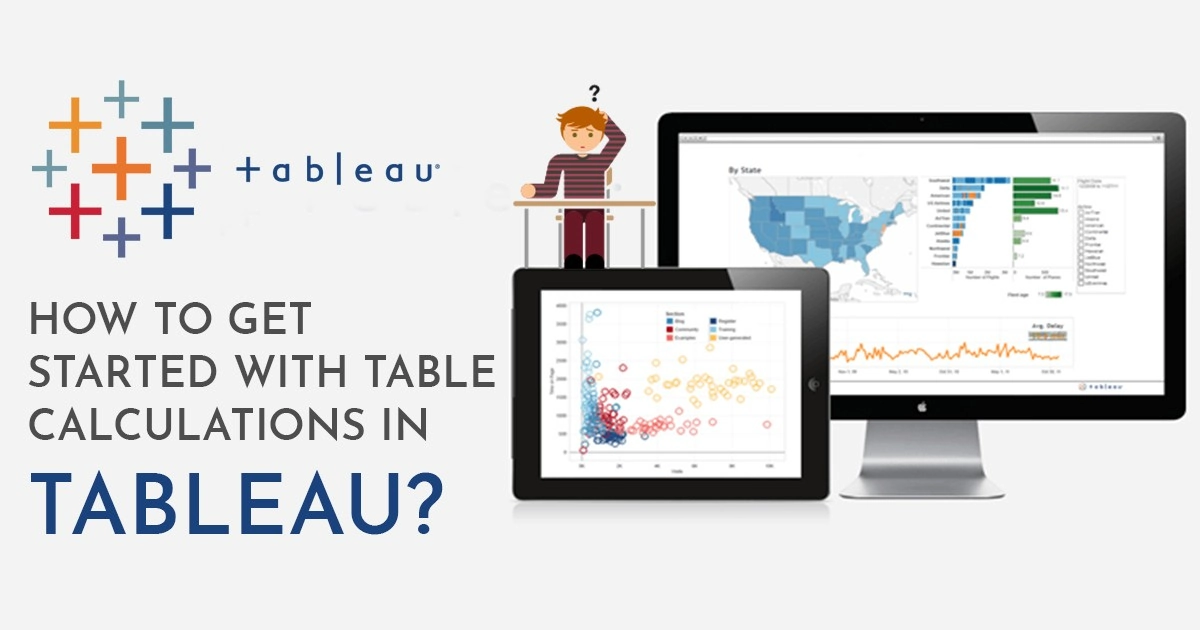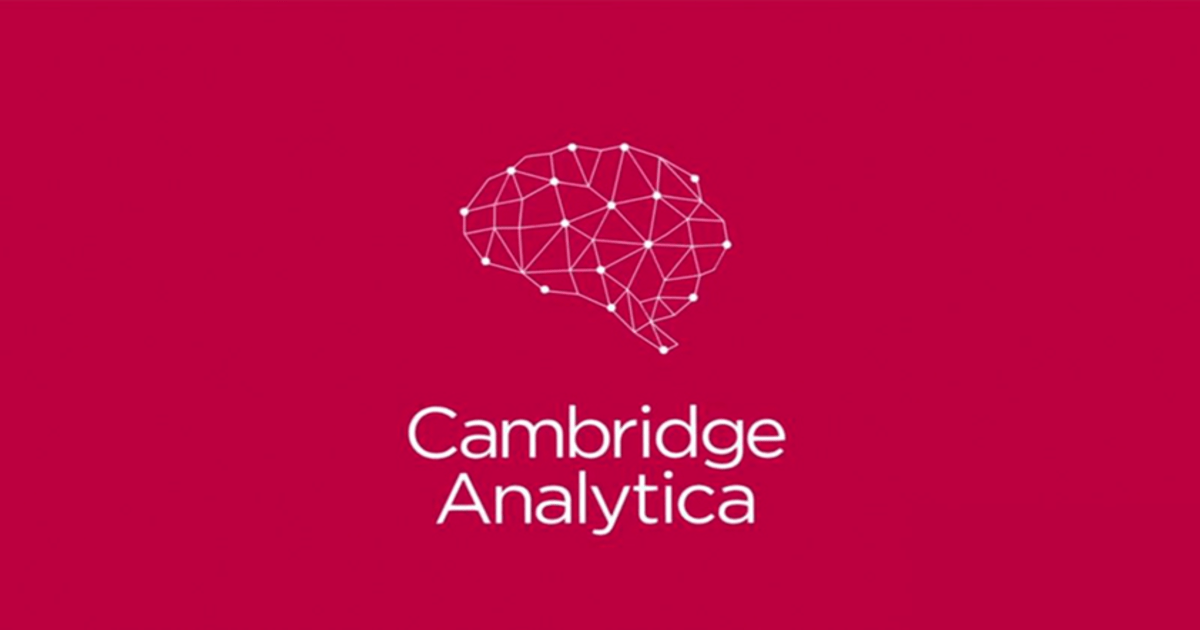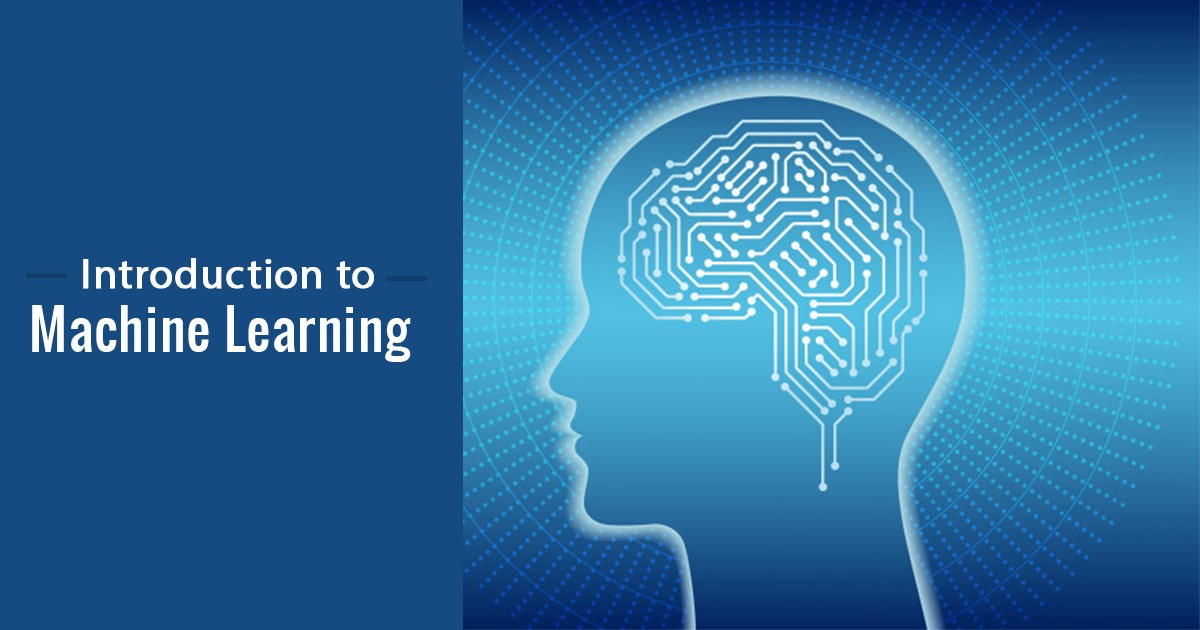Jahnavi Mahanta has over 16+ years of professional experience in analytics and data science. She started her career with credit card fraud management and then moved on to many other domains including credit risk, customer management, customer acquisition. What she really enjoyed being a data science practitioner was the ability to solve complex problems using data and to build scalable solutions. That is what brought her into this field.
What was the first data set you remember working with? What did you do with it?
Jahnavi Mahanta: The first data set I worked with had 10 million+ observations of credit card transactions and the objective was to find fraud patterns. The most interesting aspect of this was that the fraud patterns are extremely rare events and therefore, solutions must be really thought out. I learnt various predictive techniques and with my newly acquired programming skills at the time, I went on to develop a fraud prediction model which saved millions of dollars.
Was there a specific “aha” moment when you realized the power of data?
Jahnavi Mahanta: The “aha” moment was when I also realized how data and data solutions can be used to help people in need. I remember during the 2004 tsunami, we identified customers stuck in various places and helped to locate nearby merchants to cater to their essential needs. This showed the enormous potential of data-driven solutions.
How do you stay updated on the latest trends in Data Analytics? Which are the Data Analytics resources (i.e. blogs/websites/apps) you visit regularly?
Jahnavi Mahanta: I keep myself updated by reading research papers and some blogs. I continuously keep studying and I love to go deep into concepts. I am also very hands-on and love to code. Right now, I am taking Jeremy Howard’s Fastai Part2 course with Pytorch.
Share the names of 3 people/publications/research that you follow in the field of Data Science or Big Data Analytics.
Jahnavi Mahanta:
(a) Jeremy Howard’s Fastai
(b) Research papers on arXiv
(c) Speech and Language Processing: An Introduction to Natural Language Processing, Computational Linguistics, and Speech Recognition by Daniel Jurafsky and James H Martin
Team, Skills and Tools
Which are your favourite Data Analytics Tools that you use to perform in your job, and what are the other tools used widely in your team?
Jahnavi Mahanta: My area of focus is NLP, stools/packages I mostly work with are Stanford NLP, Spacy, Gensim. Python is the core language I work with but am experimenting with Pytorch now.
What are the different roles and skills within your data team?
Jahnavi Mahanta: We look for people in the team who has the knack to understand complex problems, sift through the data and think of appropriate solutions. Technically, roles require programming knowledge and quantitative orientation.
Help describe some examples of the kind of problems your team is solving in this year?
Jahnavi Mahanta: The problems that I am working on these days are related to handling unstructured text data: how to get patterns out of the data, classification, summarization, meaning extraction etc.
How do you measure the performance of your team?
Jahnavi Mahanta: The performance is measured by the ability to deliver elegant, scalable and explainable (to the extent possible) data-driven solutions.
Industry Readiness for Data Science
Are the industries looking to understand what they can do with data? Do they have the required data in place?
Jahnavi Mahanta: Industries are realizing the potential of the data they have, hence we see many companies today having dedicated data science teams. Companies are storing data and adopting approaches to utilize that data. All industries generate data-the extent may vary. It depends on how they store; process the data and what mindset they apply towards data management and usage. The companies who make data an integral part of the business strategy are at the forefront.
Which are the top 3 problems that are on top of the Data Science, either based on industries or based on technology area?
Jahnavi Mahanta:
(a) Ability to harness the power of unstructured text data: Many industries generate a huge amount of text data which can have powerful information, e.g. regulatory or legal sector. The data, is, however, mostly unstructured, but given the advancements in NLP research, there is a lot of scopes to develop, scalable, user-friendly data products.
(b) Problems in the healthcare and social sector. A lot of improvement in computer vision technology has helped.
(c) There is also a lot of scope in government including agriculture, defence. For e.g. a common use case is to use satellite image data capture and processing to understand and predict agricultural crop yield.
Advice to Aspiring Data Scientists
According to you, what are the top skills, both technical and soft-skills that are needed for Data Analysts and Data Scientists?
Jahnavi Mahanta: The two most important skills any data scientist needs to have is the ability to intuitively make sense of data and be able to communicate the data story. A data scientist needs a lot of focus and must remain updated with the latest. Technically, interest in programming and inclination to dig deeper into conceptual understanding is a must.
How much focus should aspiring data practitioners do in working with messy, noisy data? What are the other areas that they must build their expertise in?
Jahnavi Mahanta: The most important thing that any data science aspirant should do is work hands-on with messy data. In fact, before even applying techniques, I recommend spending a lot of time understanding and analyzing the data, because data teaches a lot.
What is your advice for newbies, Data Science students or practitioners who are looking at building a career in Data Analytics industry?
Jahnavi Mahanta: One needs to spend time analyzing the data, understanding the problem to be solved. Only then, one can apply the right tool to solve the problem at hand. Also, with the availability of a lot of pre-built machine learning packages, it has become relatively easier to code various ML algorithms. Hence the focus shouldn’t be just to learn these packages and but to be able to apply them in the right manner in the right context and for that understanding of the data, problem and conceptual clarity is a must.
What are the changing trends that you foresee in the field of Data Science and what do you recommend the current crop of data analysts do to keep pace?
Jahnavi Mahanta: Data science as a field has evolved a lot over the years and the change of pace is very fast. To be successful, a data scientist needs to remain updated with the latest in the field. Remaining hands-on by working with different types of data and going deeper into getting conceptual understanding is very important to remain relevant.
Big Data Solution Space
What is the kind of structured and unstructured data companies have? What is the size that we are talking about?
Jahnavi Mahanta: Companies have all types of data but increasingly the focus is shifting to unstructured data. For instance, in the regulatory domain, the amount of text data generated is enormous and there is a lot of scope to harness that data, e.g. codification and summarization of regulatory guidelines for the banking sector.
Are there legacy systems that are being replaced? If yes, which legacy skills are being replaced?
Jahnavi Mahanta: Legacy systems in data storage and management are being increasingly replaced with more flexible solutions. E.g. for smaller firms, cloud storage is turning out to be increasingly popular.
What is the size of clusters/environments that are being deployed for the clients? What are the production challenges?
Jahnavi Mahanta: Clients these days are deploying large clusters or environments. But every company’s needs are different, hence the key is to deploy the right type/size of the environment and optimally utilizing it.
Would you like to share a few words about the work we are doing at Digital Vidya in developing Data Analytics Talent for the industry?
Jahnavi Mahanta: I think Digital Vidya is doing a great job in preparing students in this field. It focuses on application-oriented course prepare the students for the industry.
Are you inspired by the opportunity of Data Science? Start your journey by attending our upcoming orientation session on Data Science for Career & Business Growth. It’s online and Free :).
